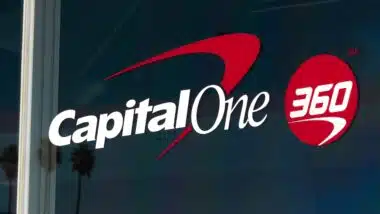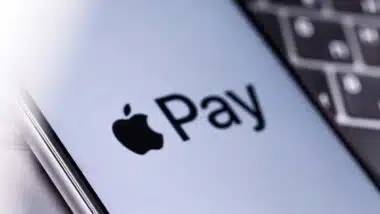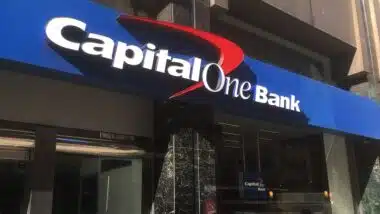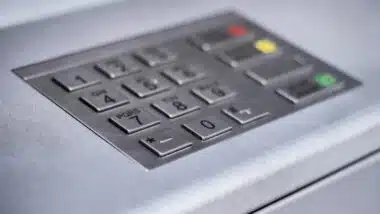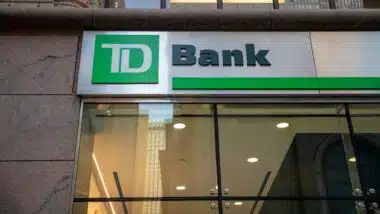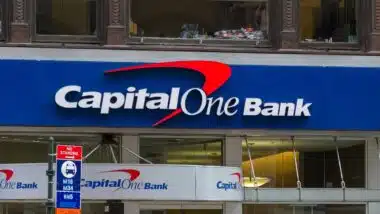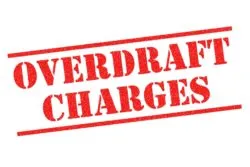 Overdraft fees can quickly add up to massive numbers, but being careful and mindful may allow consumers to avoid these overdraft costs.
Overdraft fees can quickly add up to massive numbers, but being careful and mindful may allow consumers to avoid these overdraft costs.
NSF fees are charged by a bank when a consumer initiates a transaction that exceeds the available balance in an account. These fees may cost around $34 and compensate the bank for the cost of either allowing a transaction to go negative or transferring money from another account to cover the expense of the transaction.
Avoiding Overdraft Fees
It is important to note that banks can only charge these overdraft fees if consumers have affirmatively signed up for overdraft protection services. Therefore, the first step to avoiding overdraft fees is to not sign up for overdraft services. Although this protection can seem positive since it allows you to complete needed transactions, the costs of overdraft fees may quickly add up.
If you are charged more than one overdraft in a day, this can easily add up to $100 or more. These costs may continue to skyrocket if banks engage in deceptive overdraft practices such as transaction reordering or charging fees off of inaccurate available balances.
If you are unwilling to opt-out of overdraft protection, there are ways to minimize the negative effects. Keeping a sharp eye on your account balances can help you make sure that you don’t initiate a transaction that will overdraft your account.
Some banks or credit unions will even allow you to set up a low balance alert on your accounts. This sends an email or text alerts if an account falls below a certain amount and can mitigate the hassle of constantly needing to check your balances online.
Even if you think you may have overdrawn your account, quickly transferring money to cover a transaction may be able to cover the negative balance before it is fully processed. Banks may have a cutoff time each day before which consumers can correct a negative balance. This may not always be possible but, even if an overdraft fee hits your account, you may be able to avoid further costs by transferring money to the appropriate account.
Certain consumers may also find that they benefit from a prepaid debit card. These cards may be a last resort solution for consumers who continuously struggle to keep their checking account from going negative. Although the cards work like regular debit cards, they are not linked to a checking account and provide only a finite amount of funds.
If you remain troubled by overdraft fees or deceptive overdraft practices, you may want to look into switching banks. Many banks and credit unions charge fair fees and provide better interest rates than big banks like Wells Fargo. Often times, the process of switching a bank is easy.
Should overdraft practices continue to plague your financial health, you may be able to take legal action against your bank. Attorneys have filed several overdraft fee lawsuits against banks and credit unions who allegedly violated consumer protection laws or contract terms with unfair overdraft practices such as transaction reordering.
If you were charged overdraft fees or NSF fees by your bank or credit union that you believe are improper for any reason, the attorneys who work with Top Class Actions are ready to investigate these fees on your behalf.
Learn more by filling out the form on this page.
This article is not legal advice. It is presented
for informational purposes only.
ATTORNEY ADVERTISING
Top Class Actions is a Proud Member of the American Bar Association
LEGAL INFORMATION IS NOT LEGAL ADVICE
Top Class Actions Legal Statement
©2008 – 2026 Top Class Actions® LLC
Various Trademarks held by their respective owners
This website is not intended for viewing or usage by European Union citizens.
Get Help – It’s Free
Join a Free Bank Overdraft Fee Class Action Lawsuit Investigation
If your bank and credit union has engaged in deceptive overdraft fee practices, you may have a legal claim. Fill out the form on this page now to find out if you qualify!
An attorney will contact you if you qualify to discuss the details of your potential case.
PLEASE NOTE: If you want to participate in this investigation, it is imperative that you reply to the law firm if they call or email you. Failing to do so may result in you not getting signed up as a client or getting you dropped as a client.
In order to properly investigate overdraft fee claims, you may be required to disclose bank statements to overdraft fee attorneys. Please note that any such information will be kept private and confidential.




